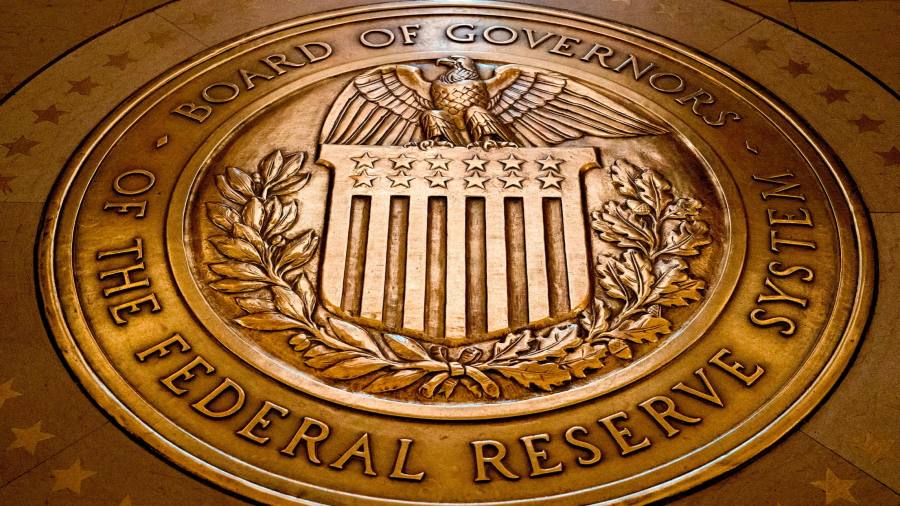The Federal Reserve has warned that the latest banking crisis could trigger a broader credit crunch that risks slowing the US economy, while lenders have told the central bank they plan to tighten credit standards amid concerns about loan losses and deposit flight.
Two separate releases from the central bank on Monday highlighted growing concerns that the March collapse of Silicon Valley Bank and Signature Bank and the failure of Republic from last week could lead to a slowdown in lending and lower asset prices.
Despite “decisive actions” by regulators and authorities to deal with recent regional banking crises, concerns about the “economic outlook, credit quality and financial liquidity” will require “banks and other financial institutions to further contract lending to the economy.”
The central bank added: “A sharp contraction in credit availability will increase the cost of finance for businesses and households, leading to a slowdown in economic activity.”
The prospect of a credit crunch was cited as one of the biggest current risks to the financial system, rather than the most likely scenario of a central bank. But it reflected concerns about the macroeconomic impact of one of the most volatile months for US finances since the 2008 global financial crisis.
“A credit crunch or at least a credit crunch is beginning,” Federal Reserve Bank of Chicago President Austin Goolsbee told Yahoo Finance on Monday. “I think you have to say recession is a possibility.”
Fears of a debt contraction come as the White House and Congress grapple with the US debt default amid an impasse over raising the government’s $31.4tn debt ceiling. A deal must be reached by early June to avoid what Treasury Secretary Janet Yellen has warned would be a “catastrophe” for the economy and markets.
As part of its stability report, the central bank surveyed market experts and academics. The stock, which ranked banking sector stress as a top stability risk, has quadrupled since the fall and now ranks alongside inflation and US-China tensions. Concerns about commercial and residential real estate are also growing rapidly, the study found.
The central bank on Monday released the results of its quarterly senior credit officer survey, which expects banks to tighten lending standards in late 2023. .
According to credit survey data, the biggest banks, those with at least $250bn in assets, blamed a potential credit slowdown on an uncertain economic outlook.
“Compared to the big banks, the medium [with between $50bn and $250bn in assets] and other banks frequently cited their liquidity levels, deposit outflows and funding costs as reasons for tightening,” the federal survey said.
In an effort to retain depositors, some banks have had to offer better yields on savings accounts, calculating profit margins. Mid-sized banks, which have faced huge deposit outflows, have also flagged fears of tougher regulations and possible changes in accounting rules.
As for how a potential credit crunch could spread, the central bank’s Financial Stability Report said there was a risk of a collapse in profits and rising defaults among businesses. “Furthermore, the associated reduction in investor risk appetite could lead to a significant decline in asset prices.”
The central bank also warned of weaknesses in the commercial real estate sector, saying “the magnitude of the correction in property values could be substantial and therefore lead to credit losses for holders of CRE loans.”
The central bank also said it would monitor the performance of commercial real estate loans more closely and expand “selection procedures” for banks that focus heavily on the sector.
Less cautiously, the central bank noted that “shocks to the financial system through the household sector are less likely because household borrowing is modest relative to income, and most home loans are owed by people with high credit scores”.
The central bank said most banks could handle tighter monetary policy, although it warned that lending could be affected.
“Despite banking stress in March, high levels of capital and modest interest rate risk exposures made most banks resilient to potential strains from higher interest rates. In the fourth quarter of 2022, banks overall were well capitalized, particularly US global systemically important banks,” it said. Said.
Additional reporting by Stephen Kandel in New York and Colby Smith in Washington

